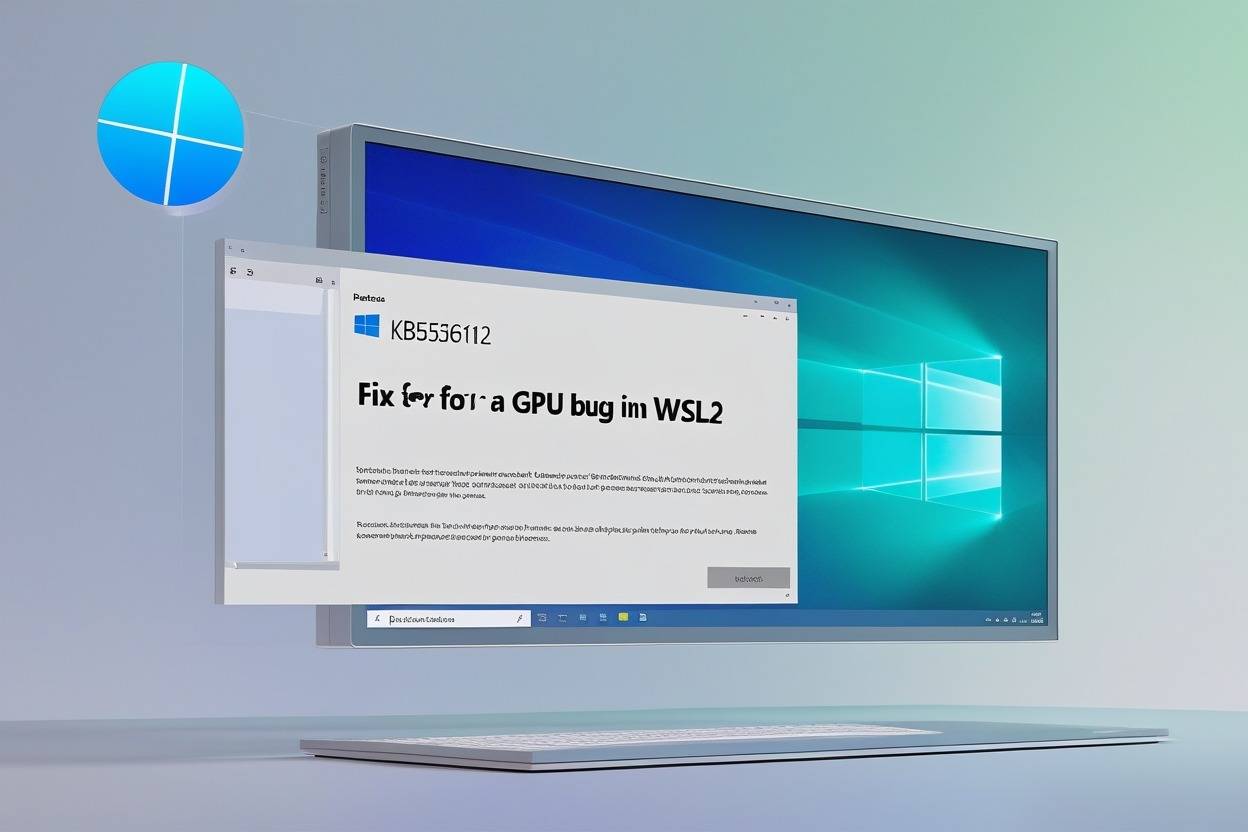iOS AI Evolution: Futuristic Apple Concept with Blurred iPhone Background”

A Significant Feature That Could Give Apple the Edge It Needs to Reenergize Sales and Increase Its Market Share in China is Included in iOS 18.5
Due to the iPhone’s superior build quality and ecosystem integration, Apple has long enjoyed a prestigious reputation in China. However, over the past few years, the tech giant has been losing ground to formidable domestic rivals like Huawei, Xiaomi, and Oppo. Economic pressures reducing consumer spending and growing national pride encouraging a preference for domestic brands have severely hampered Apple’s dominance.
Now, with the upcoming release of iOS 18.5, Apple could introduce a feature that might reignite its momentum and help reclaim its standing in the world’s largest smartphone market.
The Feature: Enhancements Powered by Localized AI
iOS 18.5 is anticipated to introduce deeply localized AI capabilities tailored specifically for Chinese users, according to multiple leaks and reports. This includes a Mandarin-optimized version of Siri, enhanced on-device language processing for apps like Messages, and new integrations with popular Chinese services such as WeChat, Alipay, and Baidu Maps.

The centerpiece of this update is Siri 2.0, redesigned to handle complex, context-aware queries in Chinese dialects and languages — something users have long complained about when comparing Siri to local AI assistants like Huawei’s Celia or Xiaomi’s Xiao AI.
Additionally, considering China’s stringent cybersecurity regulations, Apple’s move to process all these features on-device directly addresses growing privacy concerns around cloud-based data handling.
Why Apple in China Needs to Care About This
In China, convenience, integration, and localized features often prevail over global brand prestige. Domestic brands have thrived by offering software experiences that cater specifically to Chinese lifestyles — from mobile payments to super apps and voice assistants that natively understand local cultural contexts.
Historically, Apple lagged behind, offering a “one-size-fits-all” global experience that felt less intuitive for Chinese users. By incorporating Chinese-specific AI enhancements directly into iOS 18.5, Apple signals a willingness to localize at a much deeper level — a move likely to resonate with millions of potential customers.
Moreover, by processing sensitive tasks like voice recognition and smart recommendations locally on the device, Apple can position itself as both a privacy-respecting and regulation-compliant choice — two selling points that are becoming increasingly important to Chinese consumers.
A Strategic Play Amid Market Challenges
The timing is absolutely crucial. According to the latest market data, Apple’s iPhone shipments in China dropped by double digits in early 2025, while Huawei’s Mate series rapidly reclaimed lost ground. Nationalistic sentiment has fueled the “buy Chinese” movement, and the emergence of powerful local AI tools has made Apple’s traditional advantages less convincing.
By introducing strong AI features specifically for China, Apple is fighting back — not just with hardware upgrades, but with a serious software-level commitment to the market. It’s a clear acknowledgment that software differentiation — especially AI-driven, culturally intelligent software — is now as critical as the hardware itself.
If successful, this strategy could benefit Apple in three major ways:
Stabilize sales during a turbulent period.
Win back tech-savvy younger consumers increasingly drawn to AI innovations.
Enhance its reputation as a brand that listens to and adapts to local needs rather than just selling a global product.
Beyond AI: Other Expected Features in iOS 18.5
While AI localization efforts are grabbing the headlines, iOS 18.5 is also expected to bring several other improvements that could further appeal to Chinese users:
Enhanced Dual SIM Management: Making it easier to manage two carriers seamlessly — essential in China, where dual SIM phones are common.
Support for More Chinese Digital Wallets: Including tighter native integration for platforms like Alipay and WeChat Pay, in addition to Apple Pay.
New Health Features: Focused on air quality monitoring, a growing concern in urban China.
Expanded Satellite Communication Services: Targeted at users in rural areas or travelers — an increasingly important segment in China.
Will It Be Adequate?
Success will not come easily in China. Apple still faces a fiercely competitive environment, price-sensitive consumers, and a rapidly evolving tech landscape where even a few months’ delay can lead to losing relevance.
Furthermore, it remains to be seen whether these new AI features can match or outperform local competitors’ offerings. Chinese consumers are already accustomed to AI assistants that can book doctors’ appointments, hail taxis, and even manage finances — all in native Mandarin or local dialects, often with a level of nuance Siri has yet to achieve.
Nonetheless, iOS 18.5 represents a significant shift in Apple’s China strategy — moving from a premium hardware-first model to one that is software-savvy and culturally adapted. If Apple can deliver AI capabilities that feel truly “made for China” rather than globally standardized, it could rekindle excitement and rebuild customer loyalty.
Final Thoughts
Apple’s future in China may hinge on the success of its localized AI efforts in iOS 18.5. After years of relying on its premium brand appeal, Apple is now signaling that it’s ready to compete where it matters most: intelligent, personalized, and culturally resonant experiences.
In a market where the next billion-dollar opportunity depends not just on what a device can do, but on how naturally it fits into daily life, this new strategy could finally give Apple the much-needed edge it seeks.



